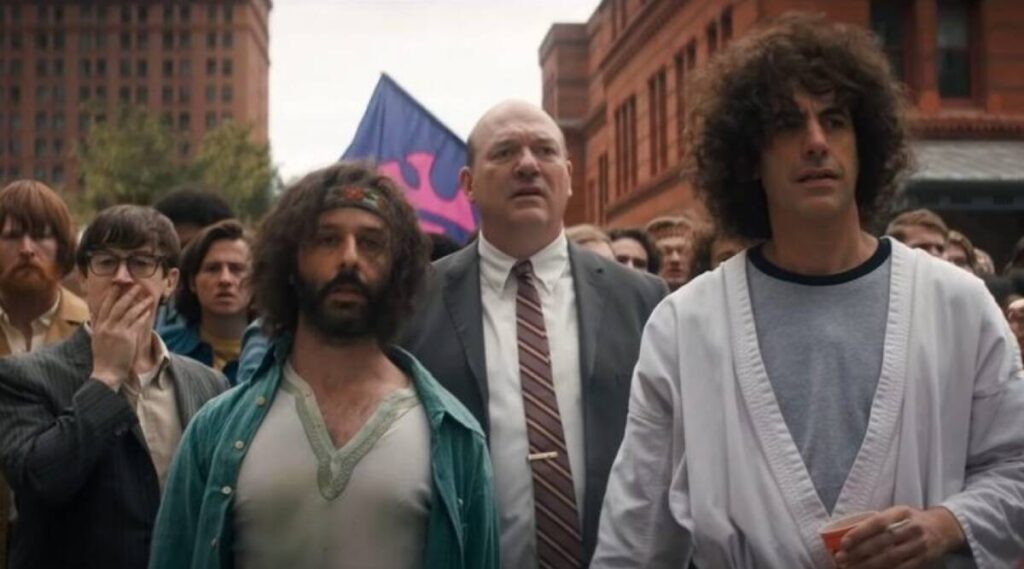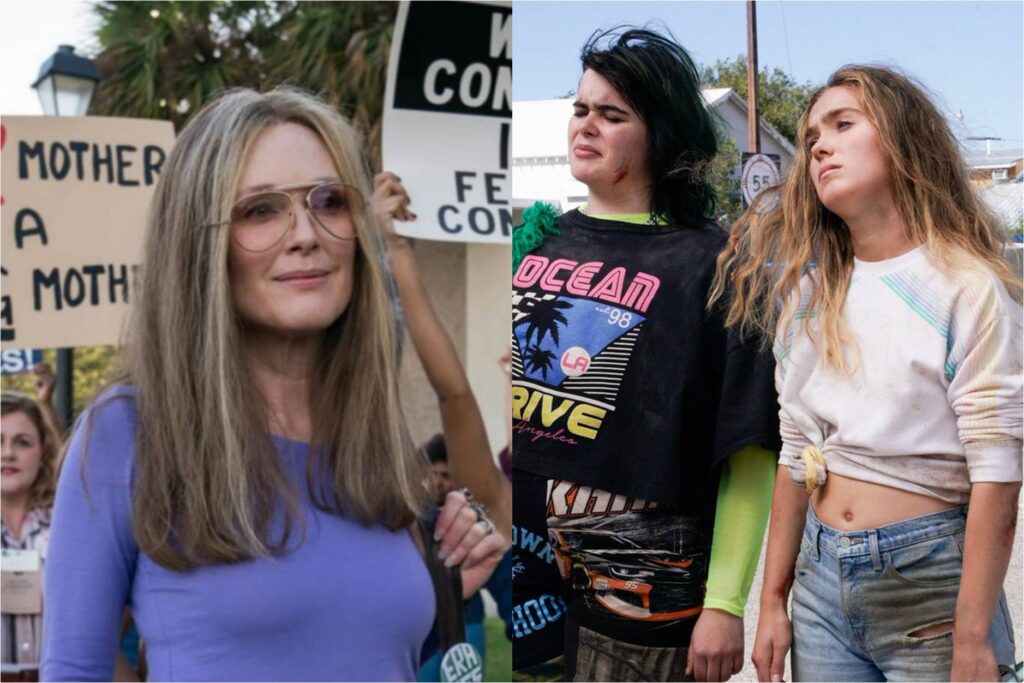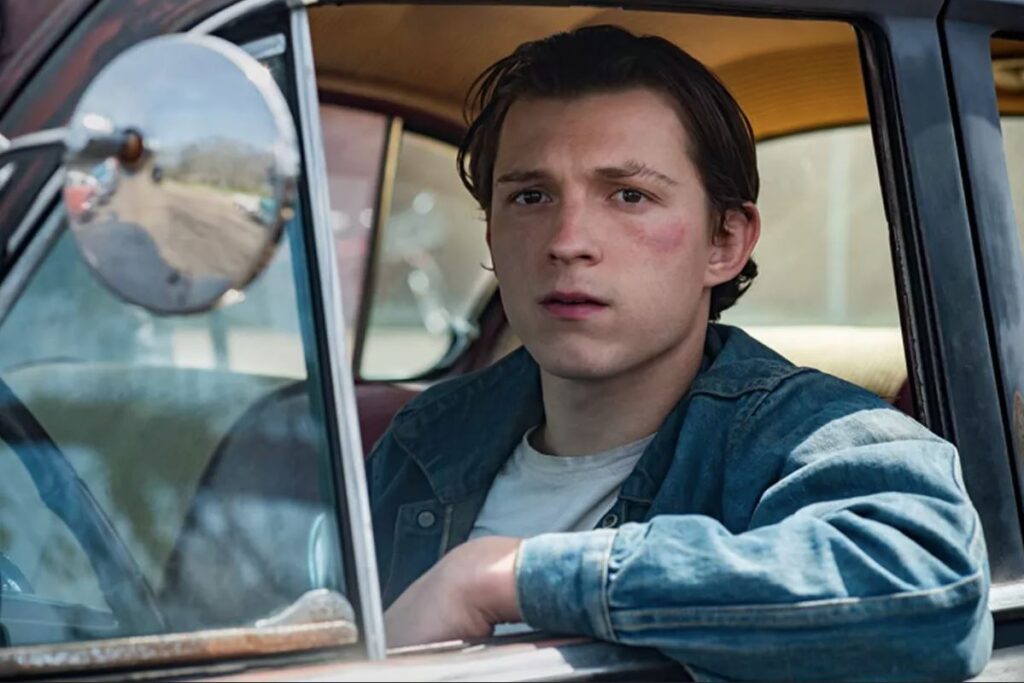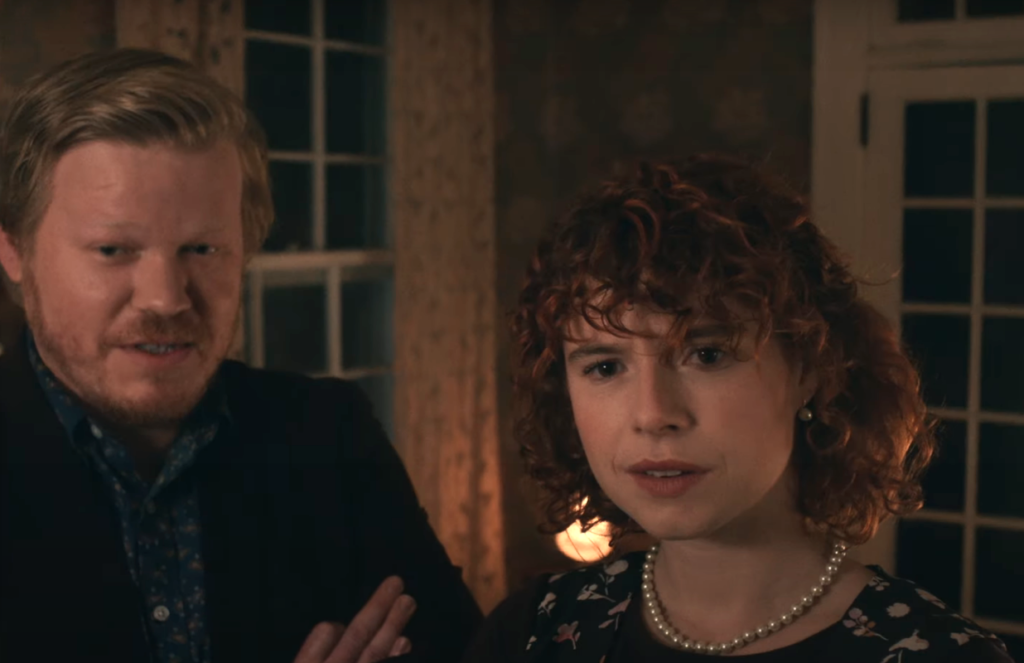The Trial of the Chicago 7: Objection, Dishonor

The day before Aaron Sorkin’s newest movie premiered on Netflix, his second-oldest TV show rose from the dead: HBO released its West Wing special, reuniting the entire cast for a stage production of “Hartsfield’s Landing”, one of the series’ classic odes to democracy in action. Watching “Hartsfield’s Landing” less than a month before the 2020 election, it felt less like a slice of healthy idealism than an artifact of outright fantasy, a trip to an imaginary world where the civil servants in the White House behaved nobly and responsibly. The Trial of the Chicago 7 is of a piece with The West Wing, seeing as it’s about Great Men fighting valiantly in the face of corruption or indifference. But the orientation has changed. Whereas The West Wing was an ardent, nigh fanatical expression of faith in American government, Chicago 7 represents a more dubious view of the nation’s political machinery. Now, Sorkin’s heroes are fighting the power, not wielding it.
I’m not sure how much to read into this. For one thing, despite his obvious liberal credentials, Sorkin is hardly the most political of artists; he’s more interested in ideals than issues. For another, he wrote his first draft of the Chicago 7 script way back in 2007, so I’m wary of inferring any parallels to the current administration. Still, when an early scene finds the newly installed attorney general, John Mitchell (John Doman), ordering a career prosecutor, Richard Schultz (Joseph Gordon-Levitt), to weaponize the Justice Department in 1969 and indict the President’s political enemies, it’s easy enough to imagine a young Bill Barr sitting in the corner, taking notes. Read More




